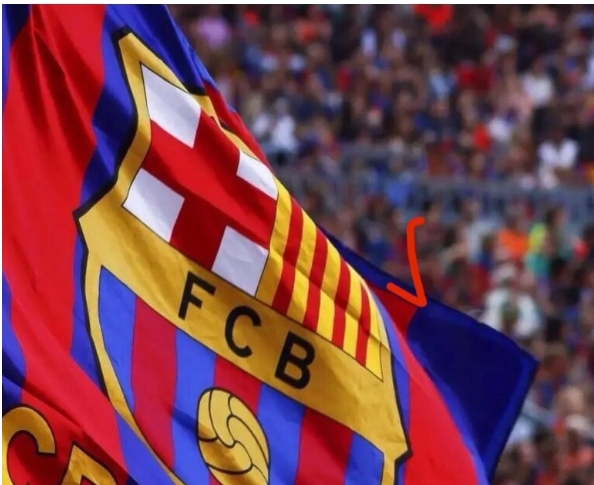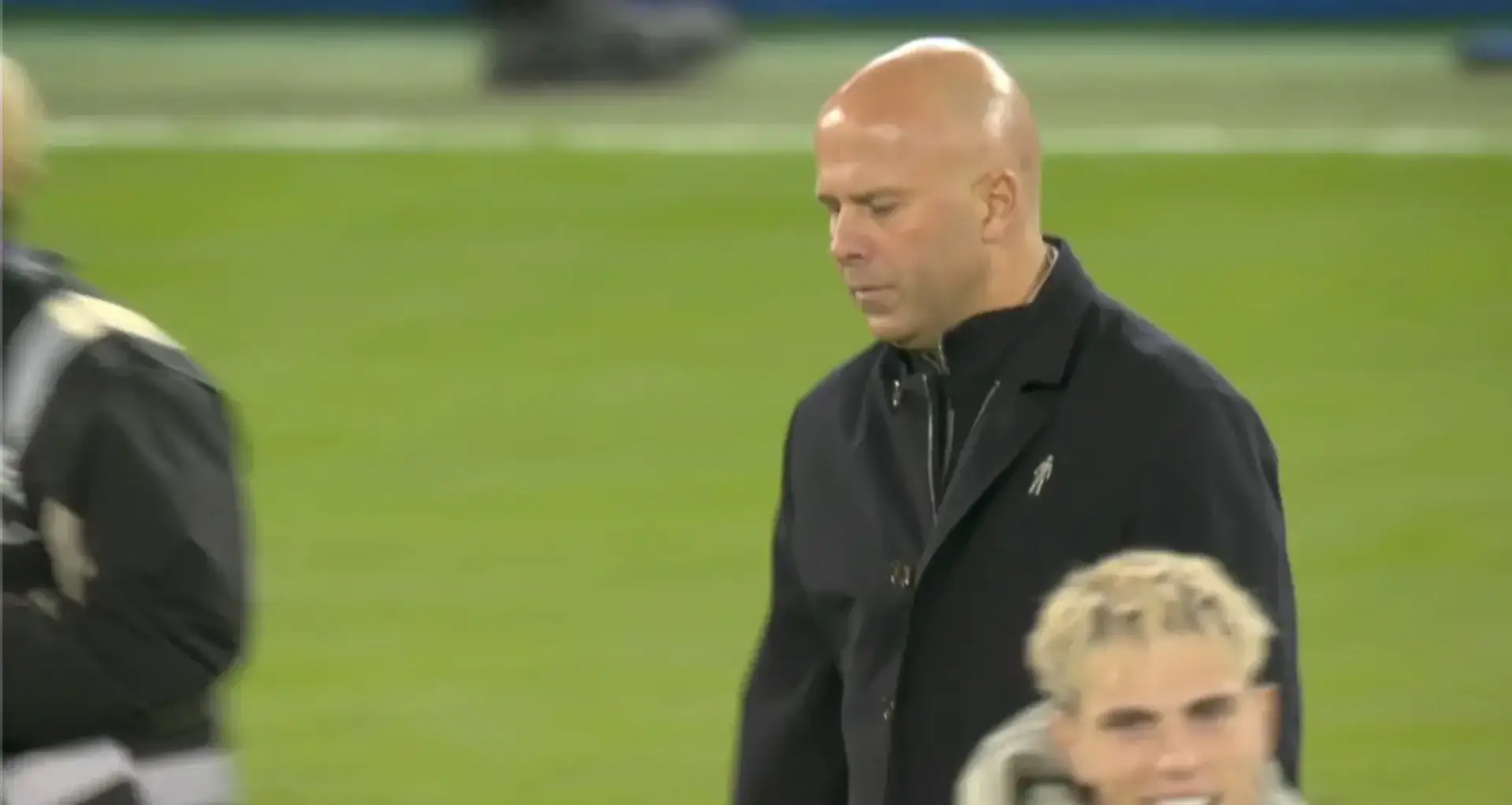It’s easy to forget just how high the bar was set during Lionel Messi’s era at FC Barcelona — but here’s a powerful reminder: not once during his 17-year spell with the senior team did the club fall short of Champions League football. Season after season, through rebuilds, injuries, managerial changes, and off-field chaos, Barcelona remained a constant presence among Europe’s elite. Whether they were title contenders or in transition, Messi’s influence ensured the club never dipped below the top tier of continental competition.
But the moment he left in the summer of 2021, things changed dramatically.
That very next season — without their legendary talisman pulling the strings, scoring the goals, and inspiring belief — Barcelona crashed out of the Champions League at the group stage. For the first time in nearly two decades, they were demoted to the Europa League.
This shift wasn’t just symbolic — it was historical. It marked the end of an era and highlighted the gaping hole left by a once-in-a-generation player. Messi’s brilliance had papered over cracks for years: on the pitch, he turned average seasons into respectable ones, and off the pitch, he brought a sense of stability and global relevance to the club. His departure exposed just how reliant the team had become on his genius.
It wasn’t just about goals or assists — it was his aura, his leadership, his consistency, and his ability to make the impossible look routine. With him, Barcelona feared no one in Europe. Without him, the reality hit hard.
The Europa League became not just a competition, but a humbling reminder of how quickly fortunes can change in football — and how much one man meant to an entire institution.






